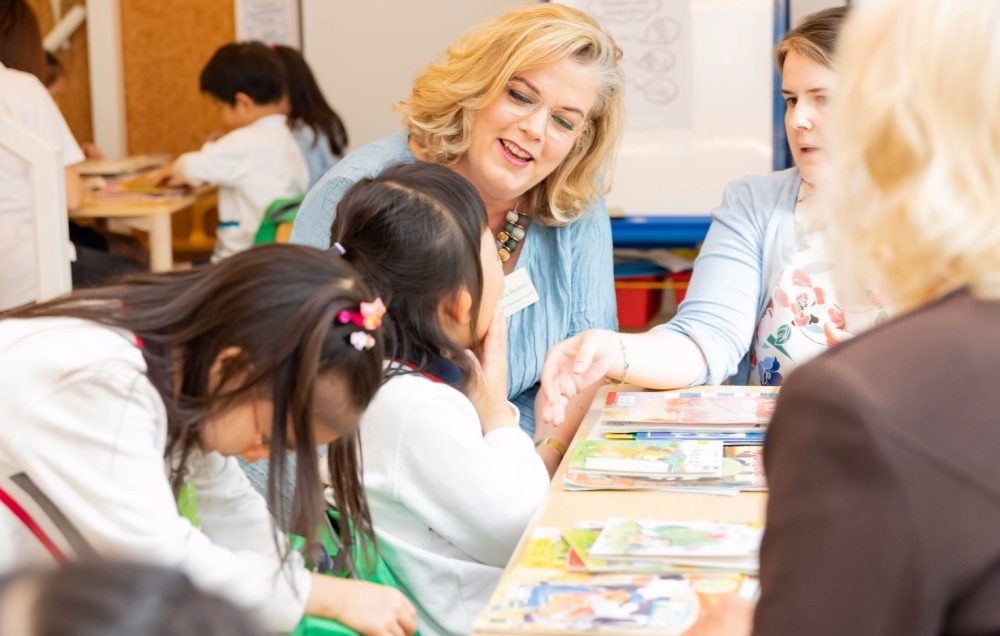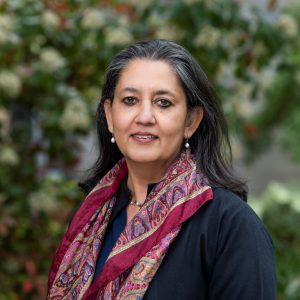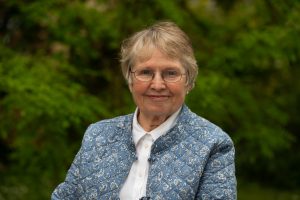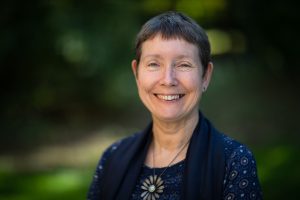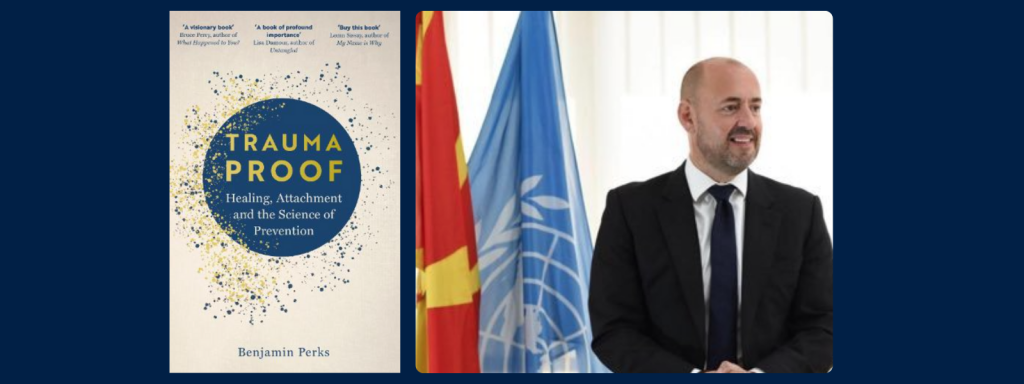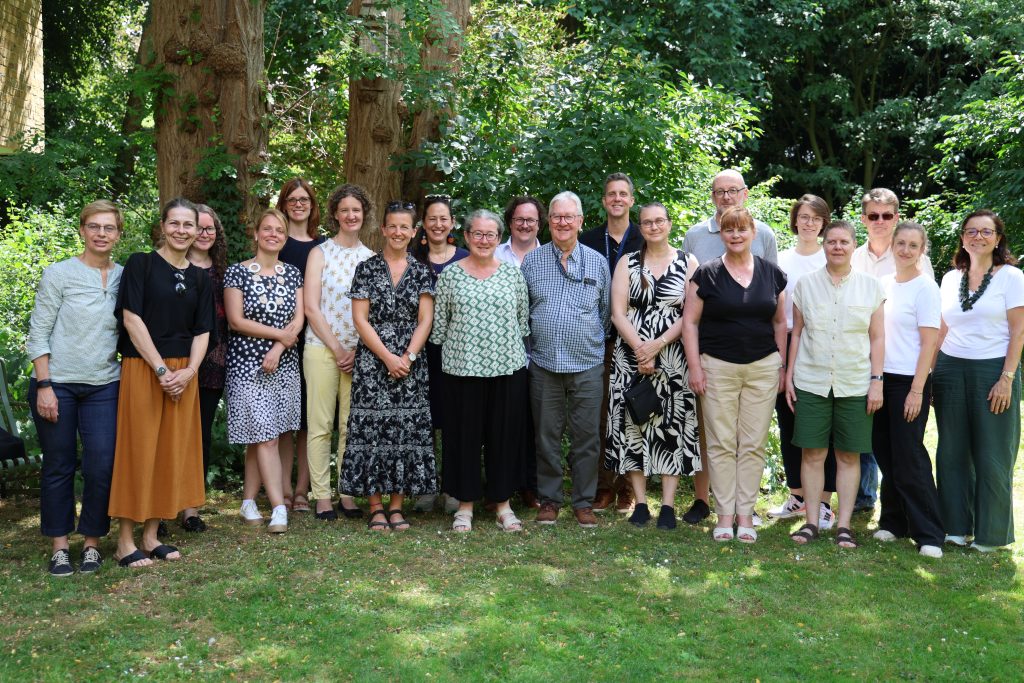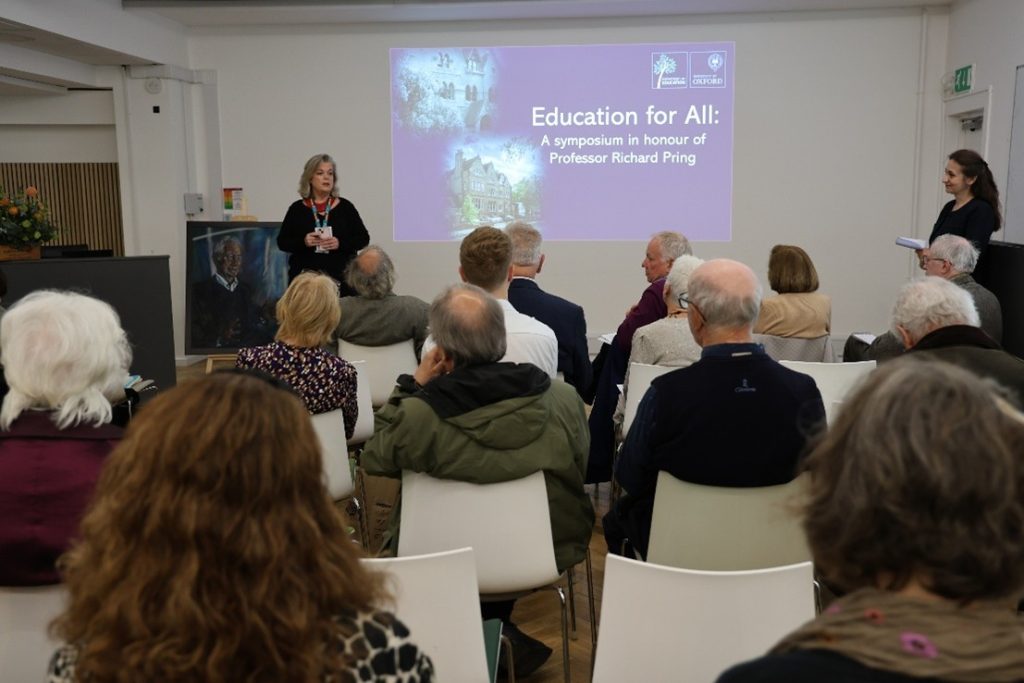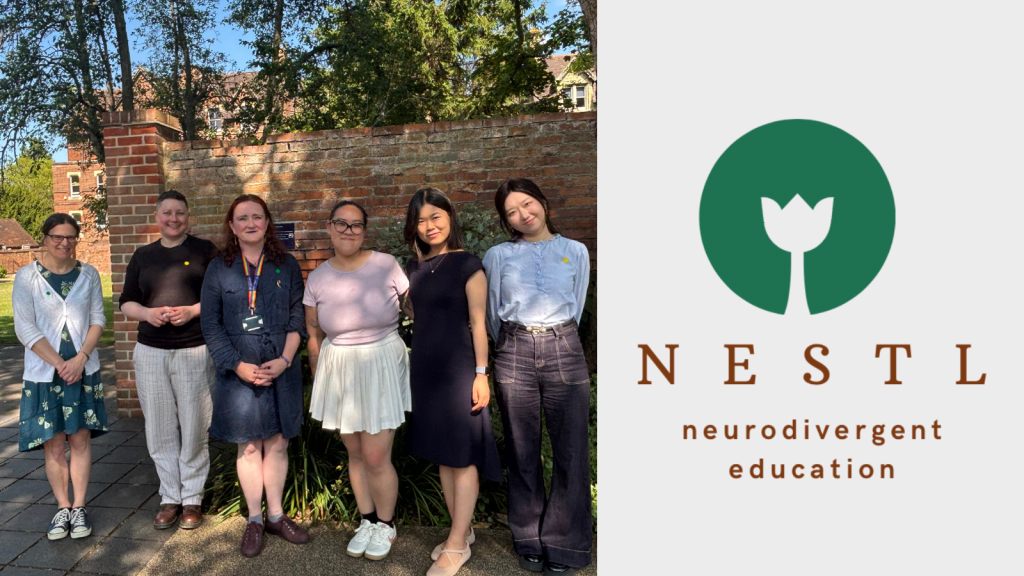The Applied Linguistics research group is involved in the provision of a number of taught courses as well as research degrees to which we warmly welcome applications from students interested in both first and second language acquisition and their development, along with areas which cut across first and second language acquisition.
These areas cover a wide range of issues and topics and some of our work overlaps with psycholinguistics, general linguistics and, to some extent, sociolinguistics.
Taught courses
Examples of current DPhil projects
- ‘Investigating EFL teachers’ cognition and incorporation of Global Englishes into their pedagogical practices’ Anuchaya Montakantiwong
- ‘L2 Decoding proficiency in consonantally-literate Saudi ESL readers and its contribution to L2 reading comprehension’ Hala Alghamdi
- ‘An attitudinal study of Japanese English learners toward global diversity in spoken English’ Natsuno Funada.
- ‘Engagement, motivation, and attitudes in informal second language learning’ Henriette Arndt
- ‘Motivational Trends and Engagement Patterns amongst Secondary School Learners of Arabic in the UK’ Anna-Maria Ramezanzadeh
- ‘The role of decoding in second language English vocabulary acquisition’ Sha Li
- ‘The developmental trajectory of second language listening’ Kedi Simpson
- ‘Investigating new psycholinguistic approaches to codeswitching in multilinguals’ Mae Zantout
- ‘Assessing the effects of mediating academic vocabulary teaching through L1 in linguistically diverse classes in mainstream UK schools’ Hamish Chalmers
- ‘Reading between the lines: How do English as an additional language learners process metaphors when reading?’ Annina Hessel
Examples of past DPhil projects
- ‘The effects of facilitated feedback on the second-language English writing of Korean university students’ Jill A. Boggs
- ‘An investigation of Korean learners’ difficulties in using English intonation to express emotion: perception and production’ Moon Cho
- ‘Comprehension strategies when listening to the teacher in the ESL classroom’ Daniel Fung
- ‘An exploratory study of teaching and learning secondary science through English: classroom interactions, perceptions of teachers and students’ Jack Pun
- ‘Cross-linguistic contributions of morphological awareness to vocabulary knowledge for learners of English as an Additional Language (EAL) and English native speakers in the Modern Foreign Language (MFL) classroom in England’ Adam Unthiah
- ‘The impact of study abroad in the UK on students’ overall English proficiency, self-efficacy, English use anxiety and self-motivation to continue learning English: a mixed methods investigation’ Gianna Hessel
- ‘Processing of L2 words in bilingual children and adults: Predictors, Patterns and Tendencies’ Ting Zhao
- ‘The nature of multi-word vocabulary among children with English as a first or additional language and its application to literacy’ Sara Smith.
- ‘The influence of linguistic and cultural background on [I + verb] belief constructions in expressions of opinion’ Lucy Zhao






